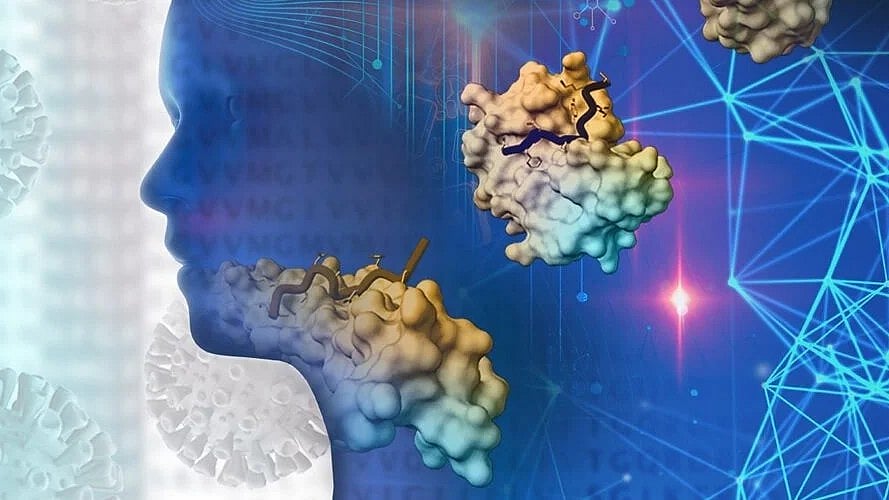
Autoimmune diseases (Representative image)
Credit: Creative commons
Bengaluru: Over a hundred types of incurable autoimmune diseases and thousands of victims, yet there is no government registry to track them.
While conditions such as lupus, rheumatoid arthritis and multiple sclerosis have a lifelong impact and their treatment is not affordable, Karnataka lacks basic data on their prevalence, leaving patients without support, visibility or policy attention.
Autoimmune diseases cover a broad range from thyroid issues to serious conditions such as diabetes in children and systemic lupus erythematosus (lupus), which affects skin, kidney and brain, particularly in females aged about 16-30.
“Government schemes such as Arogya Karnataka cover systemic lupus erythematosus but only after kidneys are affected. Why should patients suffer further damage to avail services?” asked Dr Chandrashekara S, president of the Indian Rheumatology Association.
What’s more, not all autoimmune diseases are covered by insurance in India, further burdening patients.
“After compiling a database, the government needs to bring in policy changes for insurance providers to add all autoimmune diseases,” Dr Chandrashekara added.
UA Vasant Rao, Managing Trustee of Dr Shyama Narang Foundation, which helps people with Motor Neuron Disease (MND), said: “The absence of a registry creates multiple hardships for patients and families. It renders patients invisible in the health system. Without official recognition, their needs are neither assessed nor addressed in public policy or healthcare planning.”
Dr Ravindra Mehta, chest and sleep specialist, said an organised effort was necessary for a database of patients. “Autoimmune diseases are connective tissue disorders. Rheumatoid arthritis, after affecting the joints, will affect the lungs as well. Several lung-related disorders are discovered in the later stages when transplants are the only options,” said Dr Mehta. Harsh Gupta, Secretary of the Health and Family Welfare Department, acknowledged the need for a registry for autoimmune diseases to understand the source, geographical locations and for research.
“We are slowly going disease by disease,” he told DH. There is a necessity that the registry captures comprehensive data including diagnosis details, genetic profiles, progression stages and treatment details, beginning with severe life-long diseases, said Vasant Rao.
What is autoimmune disease
* Body's immune system attacks its own organs and tissues
They cover a broad range
* Thyroid issues
* Diabetes in children
* Lupus
* Primary biliary cholangitis; attacks bile ducts of liver
* Dermatomyositis; immune system attacks muscles and skin
* Addison disease; immune system attacks the adrenal glands.
* Reactive arthritis; immune system attacks joints
Government schemes such as Arogya Karnataka cover systemic lupus erythematosus but only after kidneys are affected. Why should patients suffer further damage to avail services: Dr Chandrashekara S president Indian Rheumatology Association